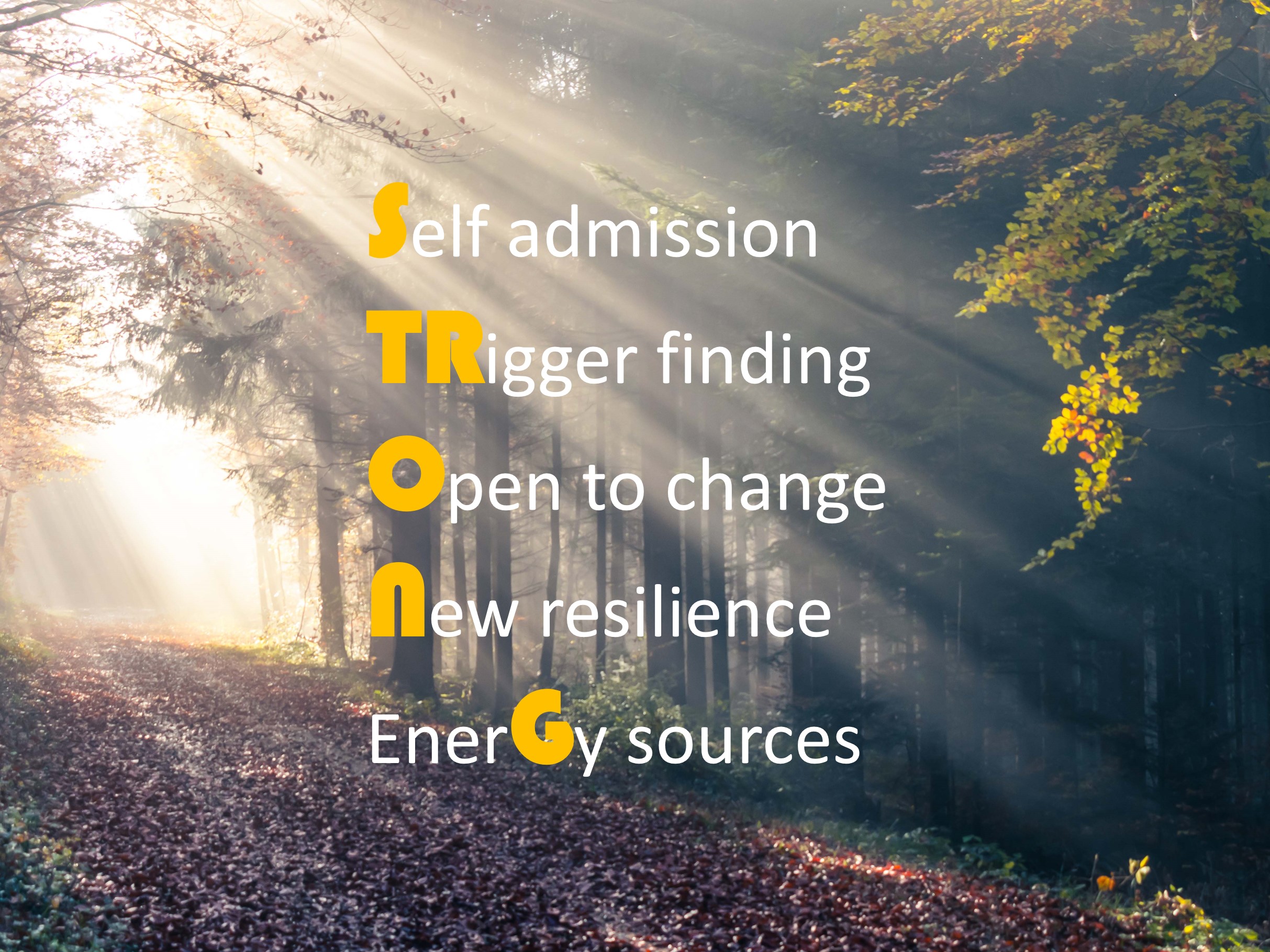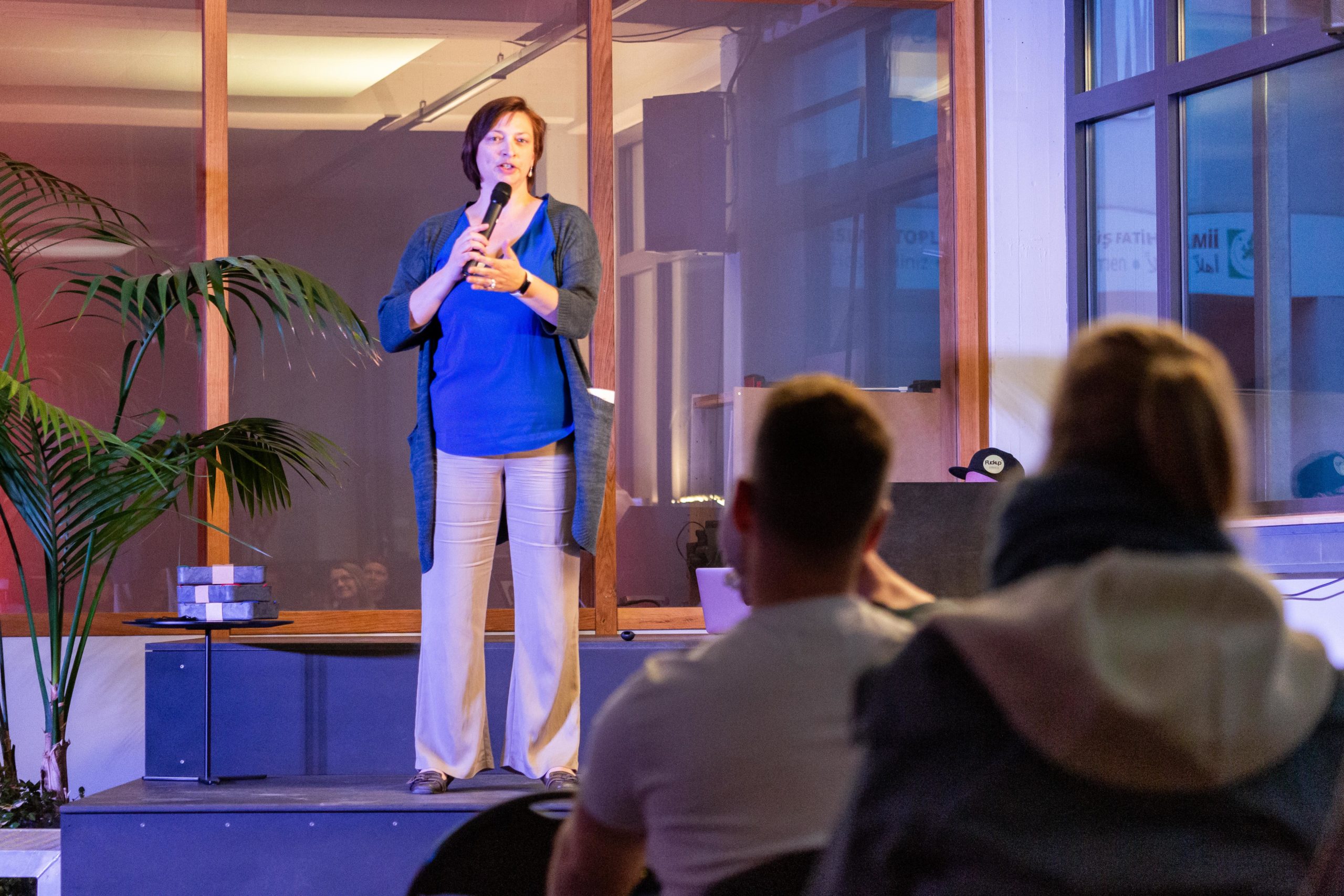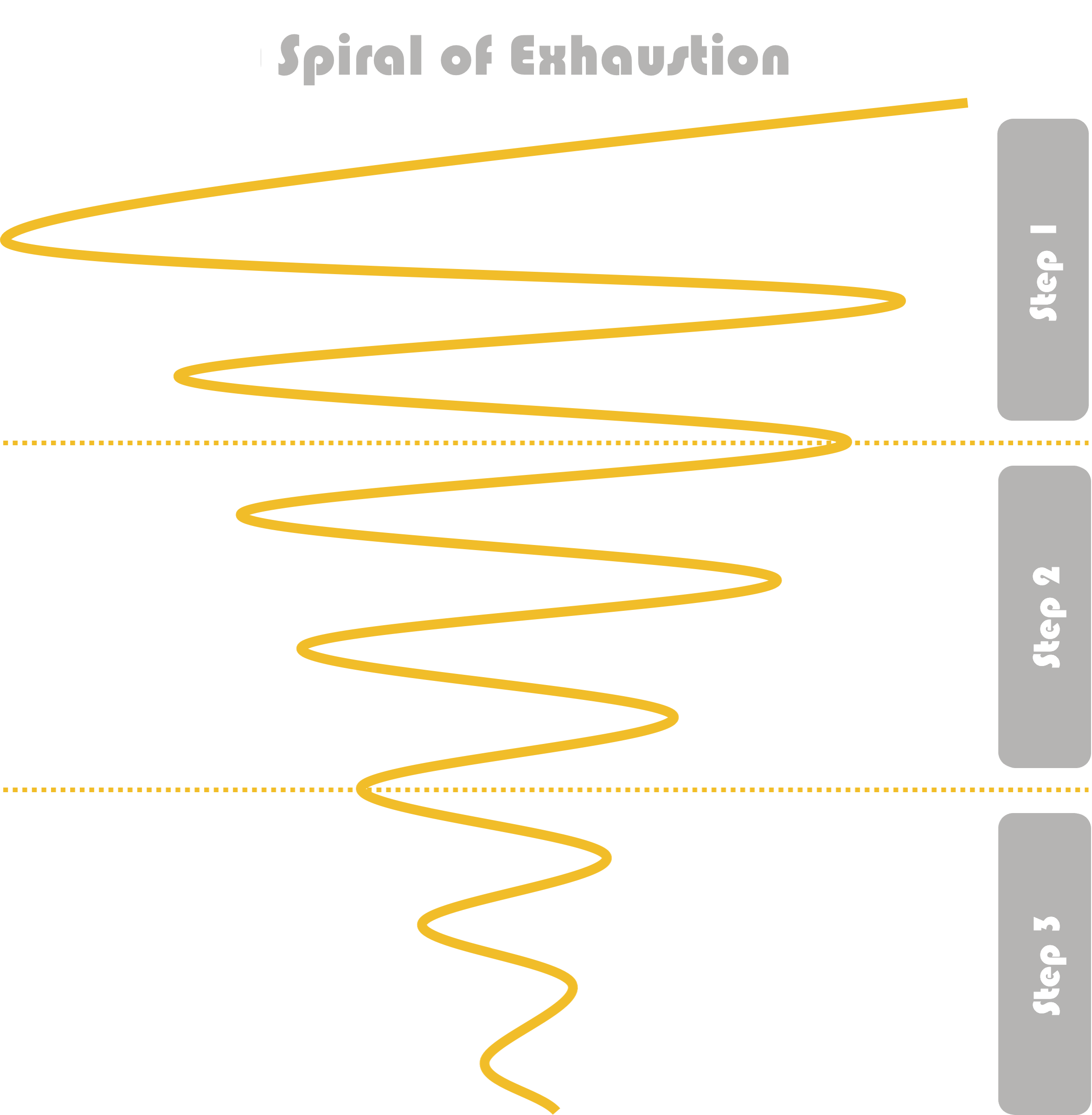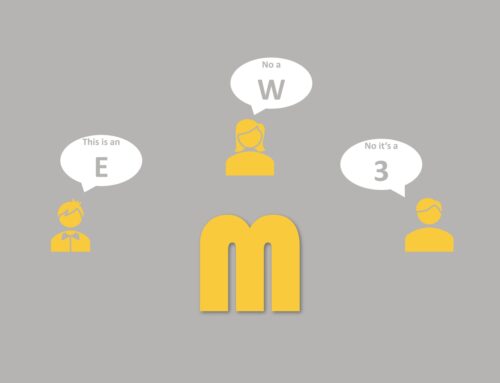The Burnout Generation: Why Generation Y is more at risk of burnout

Generation Y – these are people who were born in the 1980s and are now between 30 and 40 years old. From the outside, this generation is often perceived as spoiled and demanding. But from the inside, it looks quite different. In their childhood/youth, the change from analog to digital took place. Their career entry was marked by terrorism, wars and economic instability. This uncertainty has led them to feel they need to be constantly available to advance their careers. Quite a few of them did not get a permanent employment contract when they started out.
Today, however, they have developed an awareness of the importance of a healthy work-life balance, and the pressure to juggle it all only increases as a result. A study by the American Psychology Association found that 39% of people in this generation say their stress levels have increased in recent years, 52% suffer from stress and stress-related sleep disorders, and 44% say they have anger problems.
But why then is this generation considered lazy and work-shy? Many of them not only work a full-time job but are also self-employed on the side or do volunteer work. They have priorities that differ from those of previous generations. It’s no longer just about the job, but also about their own personal development and time for family and friends.
As an employer, you can support this generation by offering flexible work schedules to give employees time for their personal commitments. New projects that challenge them can also motivate them, but managers need to be extremely sensitive about this and watch out when it becomes too much.
A culture that allows people to take time off and leave their desks sometimes can reduce the risk of burnout. It’s important to trust employees and support them in finding meaning in their work and having control over their careers. Feedback, both positive and negative, is important so they feel seen and heard.
Generation Burnout is a challenge for employers, but with understanding, flexibility, and empathy, you can provide them with the support they need and enable a healthy work-life balance.









